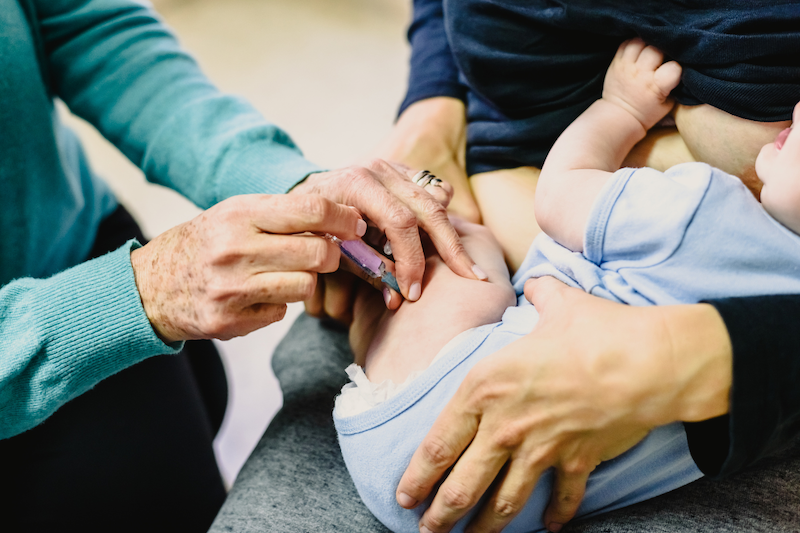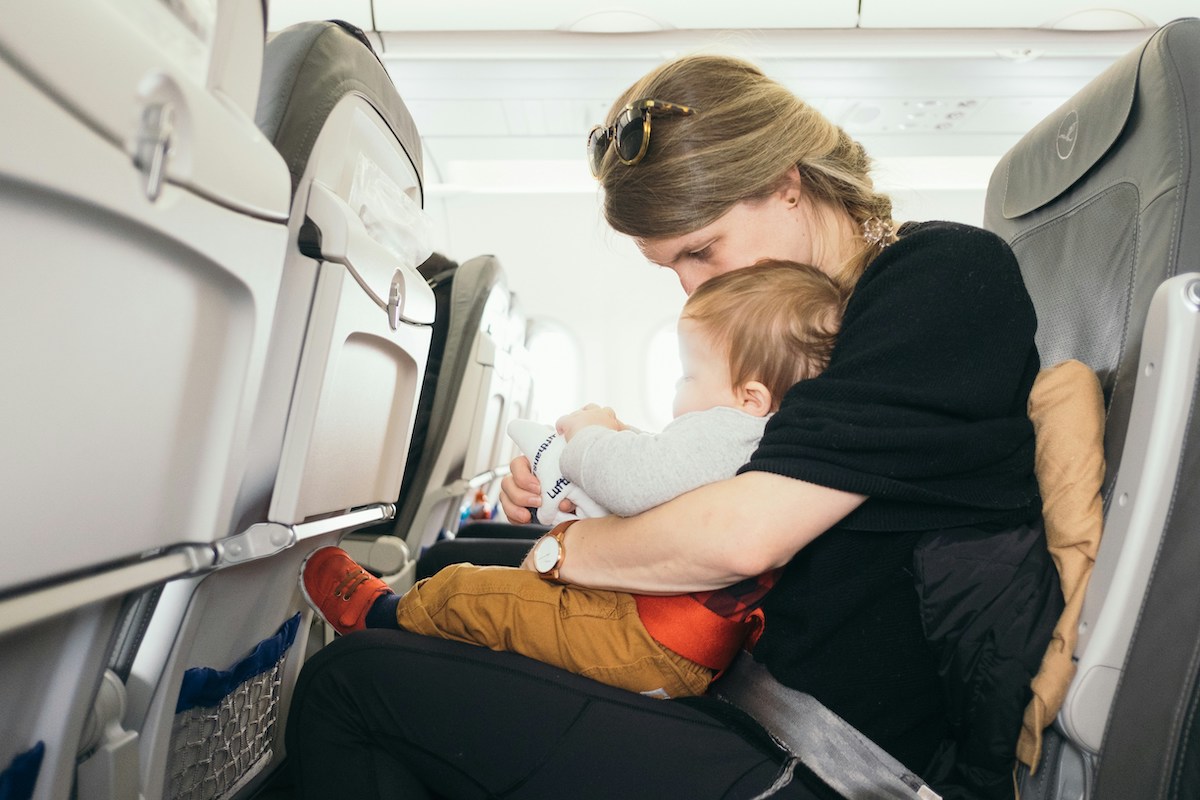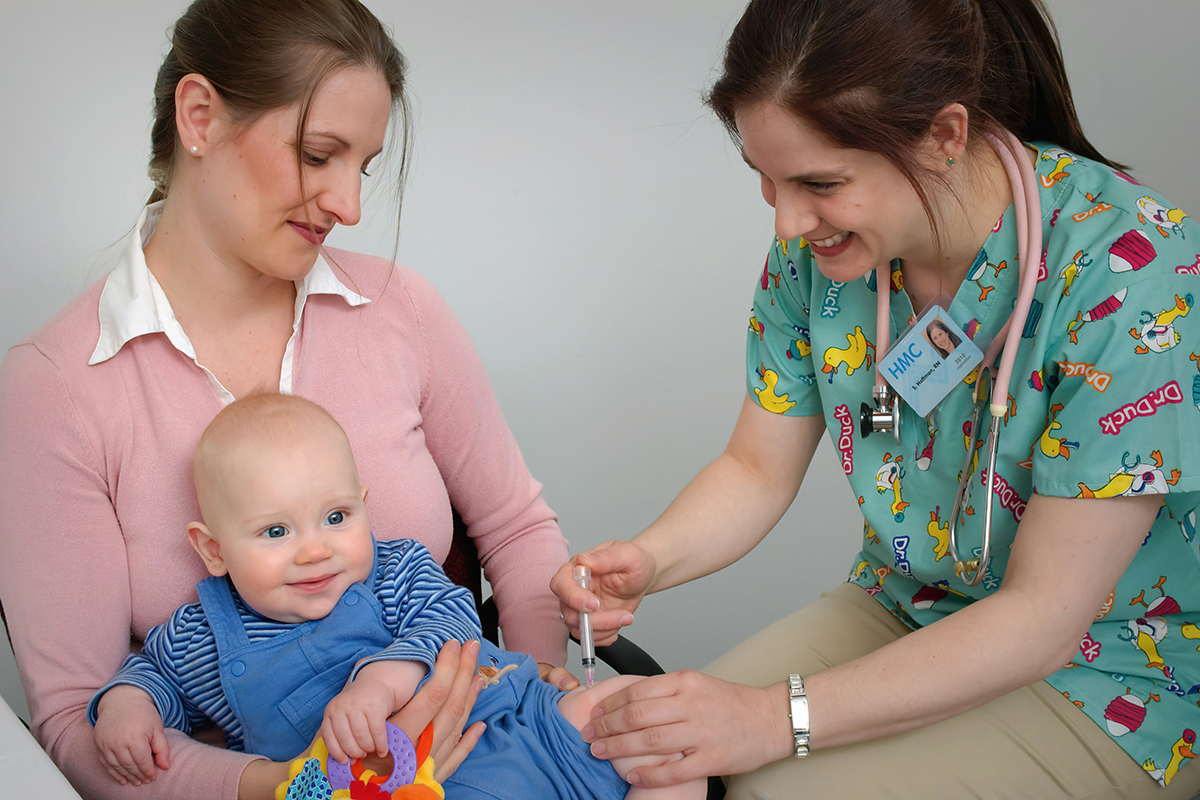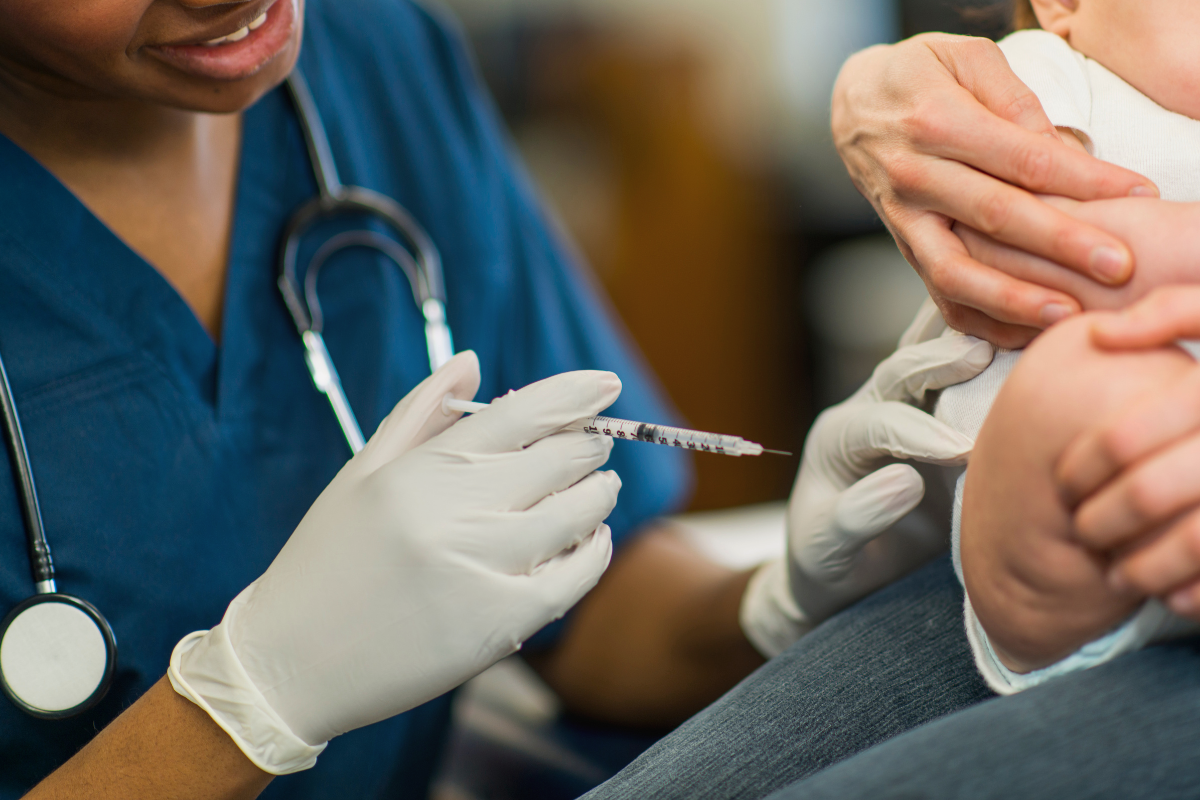I’m really confused about all of the changing guidance around COVID vaccines. First, I heard pregnant people and kids couldn’t get it; then I saw they approved a Moderna one? I’m trying to figure out whether I can still vaccinate my child against COVID and can’t make sense of all the news lately. Help!
— Anonymous
In July 2025, Moderna received full FDA approval for its COVID-19 vaccine for children over six months. Until this point, this vaccine was approved under Emergency Use Authorization (EUA), an approach that allows the FDA to approve drugs more quickly in the face of a public health emergency.
This full approval was applauded by many, but it came with a caveat — it was full approval for children at high risk for COVID-19. Being high-risk includes a wide variety of conditions, and ultimately, individual doctors have significant discretion. But this, along with the general language coming from the FDA and CDC, has created confusion. Should children get COVID-19 vaccines or boosters? And if so, which children?

This question is especially complex for parents of babies who have never gotten a primary COVID-19 vaccination. For older children, who may have received at least one COVID-19 vaccine or have had COVID, the benefits of another booster are likely small. But what about for babies, especially those who haven’t had COVID yet? Should you consider getting your baby a COVID vaccine, and if you want it, will you be able to?
To answer the second question first, very likely yes, after talking to your pediatrician. If you decide the vaccine is something you want for your baby, I expect it will be available, and it is likely you will be able to get insurance to cover it.
The potential value of COVID-19 vaccination is to lower the risk of serious illness. The vaccine has some small and short-lived impacts on getting COVID at all, but it’s increasingly clear that the main value is in preventing people from getting very sick.
Serious illness, as measured by hospitalization, is a larger risk for babies than for older children. For babies aged 6 to 12 months in the winter of 2025, the hospitalization rate was around five per 100,000 (this and other COVID data can be found here). This is much higher than children aged 1-4 years (1.2 per 100,000) and kids 5-11 (0.7 per 100,000). It’s comparable (slightly higher) than the risk for adults 50 to 64.
The CDC data from earlier seasons of COVID suggest vaccines reduce hospitalization risk in this age group by around 65% in the first months post-vaccine. Putting this together, this suggests vaccination would lower the risk of hospitalization by about 3.25 in 100,000. This is a significant change, but a small one.
On the flip side, the COVID vaccine has been shown to be safe in children and has been given to millions of children with only minimal side effects. If you want to get it for your baby, you should feel comfortable doing so.
Final point while we are thinking about vaccines: the hospitalization risks from RSV in this age group are 10 times higher than COVID-19, and the protection available (from a monoclonal antibody called Beyfortus) is 90% against hospitalization. RSV protection should be a high priority.
Community Guidelines




















Log in